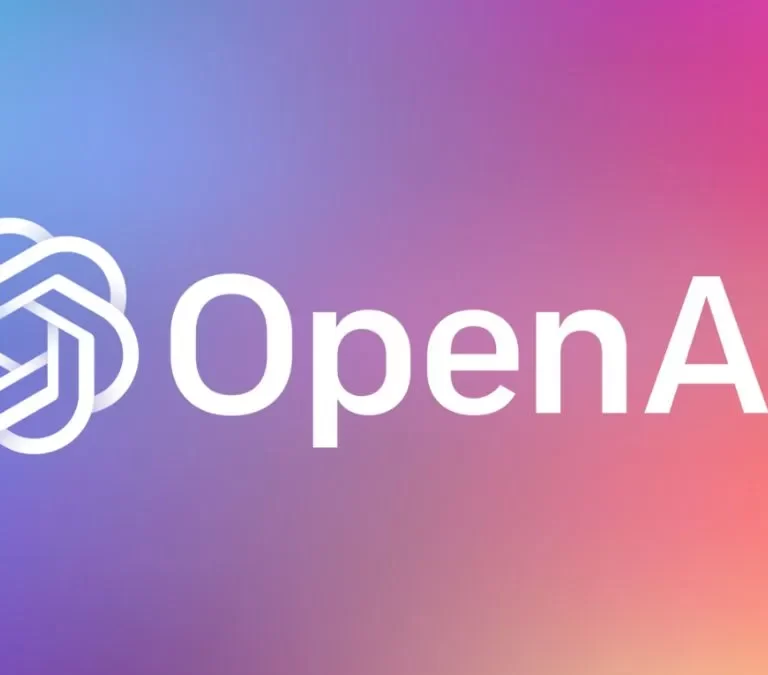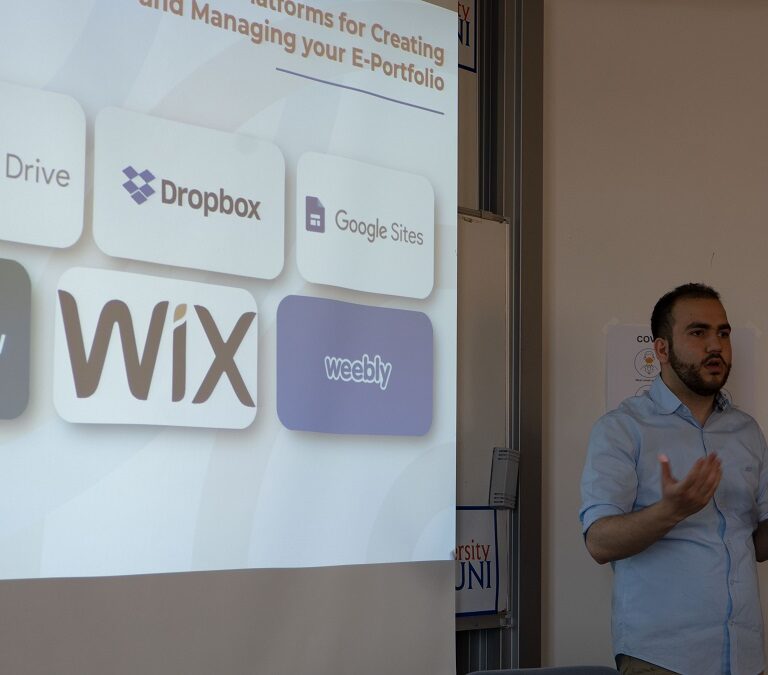Young people are going through a difficult transition into adulthood. For young people from underprivileged backgrounds, it is crucial to understand how this transition is within the context of a constantly evolving world fueled by rapid technological advancement. Their lack of access to public institutions, employment, housing, health, education, mobility opportunities, the socioeconomic context of their family, disabilities, or other factors, impede their social conditions and rights, leading to marginalization. This marginalization may also be based on their race, ethnicity, gender, sexual orientation, age, immigration status, etc. There are numerous reasons for excluding youth from this digitalized future economy, and most young people from more challenging circumstances experience more than one type of exclusion.

Inclusion entails overcoming challenges to access social and digital rights for those young people. The ease with which young people can use these digital tools and technologies encourages this separation even more. To close this gap in youth social inclusion, we need to ensure that socioeconomic difference has a minimal impact on young people’s internet access level.
Lebanon and the Digital Economy
An unprecedented socioeconomic crises have swept Lebanon ever since Oct. 2019. The foundational pillars that kept it afloat, remittances from the diaspora, the service industries, and tourism, have fallen. Compared to the prior year, the national currency has lost over 80% of its value since late September 2020. The population’s expected poverty rate in May 2020 was 55%, with 23% of people living in extreme poverty. Many of the nation’s youth are actively looking to emigrate. The COVID-19 pandemic, the disastrous explosion at the Port of Beirut on August 4, 2020, and the ensuing humanitarian crisis have further aggravated the situation. The “digital economy” or the “knowledge economy” has been disrupted. In Lebanon, the switch to a digital economy is no easy task and is hampered by numerous challenges. The transition to a digital economy ought to be the government of Lebanon’s top priority, even though there is no single solution to the complex collapse of the country (Merhej, K., & Baroud, M. 2020). The terms “digital native” and “digital immigrant” were first used at the turn of the century, attempting to characterize the gap in digital literacy, which has become more noticeable. Teachers faced a hurdle due to the disparity in digital literacy. Despite this, youth in Lebanon are actively invested in their digital existence and growth.
In the section below, you will learn more about one of the leading Lebanese youth, Anthony Abi Zeid’s, perspectives regarding digitalization and Social Inclusion.
Anthony’s Perspectives
How would you describe the intersection of social inclusion and digitalization through your business? What gender and cultural biases are there?
When we offer our services to NGOs, we support them in social inclusion and other social challenges they face. What we provide to them digitally helps them cover their challenges. Regarding gender and cultural biases, we do not care about gender in our work or decide based on gender; we respect all.
How would you describe the Lebanese business market in terms of the digital divide? Are we advanced? How many years do we need to cover to be as advanced as any other country?
I believe it is not about the Lebanese market but the Lebanese people. We are brilliant and talented. We can compete with any country, primarily digitally. From suffering, we build passion. Bad days create strong people, I believe. We need support from our government to beat the digital divide. It is not only about years. We need free zones for startups; this will significantly change when provided with the infrastructure.
What opportunities are there for the youth of the Middle East in the digital economy?
We are innovative. We must keep an eye on trends and the world’s challenges to solve them. Also, we need to follow the interest of people. This way, we create digital solutions where we live and serve the globe.
Has the pandemic impacted you positively or negatively? How?
Indeed positively. We had time at home to think of our dreams and businesses.
Your advice to young entrepreneurs
Follow your passion and use what you are good at. Create a team like a puzzle where each acts like a missing piece.

Anthony’s Bio
Anthony Abi Zeid holds a Master’s degree in Planning and Management and a Bachelor’s degree in Law. He developed and implemented projects, created content, and trained on various topics such as Life Skills, Personal and Career mentoring, Positive Leadership, Child protection, Drugs prevention, and facilitation skills in Lebanon and other Arab countries. Anthony participated and was a speaker at several national and international conferences, such as ISSUP “International Society of Substance Use Professionals,” EUSPR “European Society for Prevention Research,” Aqdar world summit, and others. His entrepreneurship journey started by co-founding a non-profit organization called Ready for Tomorrow, followed by a creative digital agency called Leoceros.
Anthony Abi Zeid Kaysar Daou Leoceros
#socialmedia #digitaleconomy #socialinclusion #education #linkedin





